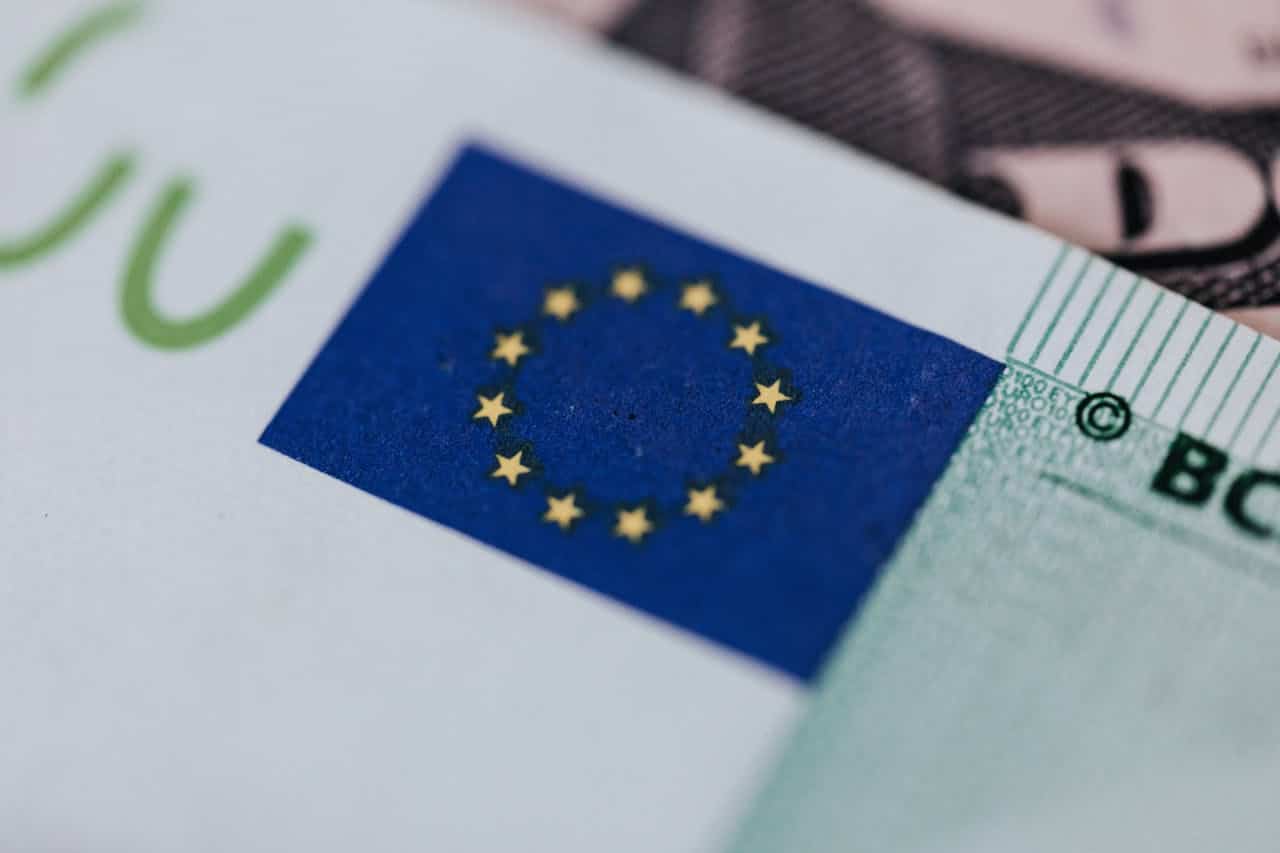
In the eight years since the Brexit referendum, there has been a significant shift in how Northern Ireland conducts its trade with the EU. Although there have been, and continue to be, significant challenges and inefficiencies, Brexit has also forced Northern Irish businesses to make multiple advancements and efficiency improvements in order to survive and/or thrive.
EU and UK Trade Friction
Barriers to Trade
The UK’s exit from the EU has meant that Northern Irish businesses are now subject to a whole host of new regulations and customs’ checks. This has led to an increase in the amount of paperwork and tariffs due, slowing down the overall speed of trade and increasing operational costs. Small businesses in particular have struggled with the transition out of the EU and the red tape that followed it. They have been less able to focus on core business activities, with more time and attention diverted to ensuring the new post-Brexit regulations were being adhered to.
Furthermore, affected businesses now have to ensure that their products conform to both EU and UK regulations, instead of only EU standards. This has further exacerbated time and cost inefficiencies, particularly for businesses that have had to redesign their products to conform to two different sets of criteria at once. Increases in the cost of production can also lead to increases in the cost of sale, making day-to-day products less affordable for consumers.
UK businesses have suffered a drop in trading volume and profit as a result of the increase in red tape. Exports to the EU have also dropped, leading to a further decrease in profit for local businesses. This has led some Northern Irish businesses to consider diversifying their trade portfolios to include regions outside the EU, in the hopes of finding a wider consumer base. The overall decline in the UK’s trading volume has led some experts to suggest that the UK is losing its position as a major player in the global economy, which could further damage its future economic prospects.
Increasingly convoluted Brexit regulations also have some businesses considering suppliers outside the EU, from regions such as Asia and the US. However, the process of decreasing reliance on EU suppliers can have far-reaching consequences on global supply chains, as well as an increase in quality-control issues and time-inefficiencies. Industries such as pharmaceuticals and automation have seen a decline in production and sales, as a result of disruptions in the supply of medicine and machine components.
Another significant portion of the UK economy, the financial, legal and travel services sectors, have taken a hit in profit since the Brexit decision. Without the privilege of free and open travel between EU member countries, companies in the service sector have been forced to find alternative means of ensuring trade with, and travel in, the EU. This has saddled them with additional costs and fees that they did not previously need to account for. The travel and tourism sector in particular has battled with complex new visa and travel regulations, which have been an additional burden along with the severe difficulties faced by this industry as a result of the Coronavirus pandemic.
Northern Ireland’s Unusual Advantage
Compared to the rest of the UK, Northern Ireland finds itself in an interesting economic position as a result of the Northern Ireland Protocol. This agreement has meant that Northern Ireland does not technically have a “hard border” with Ireland, and is instead permitted to trade freely with the region without excessive border checks. However, like other UK businesses, Northern Irish businesses are still subject to complex dual compliance regulations. This means that if NI businesses wish to trade goods with the rest of the UK and EU, they must ensure that their products are compliant with both UK and EU guidelines. This results in further time and cost inefficiencies.
The UK government is conducting negotiations to ease some of this trade friction, in order to encourage long-term economic growth. However, this is a long and tricky process as the UK and EU leadership must ensure that any new agreements between them do not damage the integrity and stability of the single market. Northern Irish businesses, including those local to Armagh, are exploring a variety of forward-thinking solutions to help ease new financial and administrative burdens. These technologies can include new digital payment systems and platforms for documenting and tracking customs. For local Northern Irish businesses, the capacity to think creatively and logistically will be important when attempting to overcome the sheer amount of red tape they are facing.
Opportunities for Northern Irish Businesses
Armagh’s strong food and manufacturing industries may be well-positioned to take advantage of any extra investment into Northern Ireland, as well as its convenient positioning between the UK and EU regions. These local businesses may be able to trade goods with the EU with relative ease, especially in comparison to their other UK counterparts. This also lends a competitive advantage to Northern Irish businesses, who may be able to save money on certain fees and tariffs they would otherwise be obligated to pay. The Northern Irish government has also keenly advertised the unique strategic and logistical efficiencies the country has to offer, in the hopes of attracting additional foreign investment and stimulating economic growth via job creation.
Post-Brexit Technological Efficiencies and Improvements
Use of AI Technologies
Trade and commerce roadblocks brought on by the Brexit referendum have forced Northern Irish businesses to look to the future to find solutions they can use in the present. These include modern technologies like artificial intelligence (AI) systems, which can be used to automatically detect whether local businesses are complying with complex and confusing Brexit trade regulations. These systems can also find logistic inefficiencies and free-up time to focus on core business activities instead of regulatory compliance.
Simplifying International Transactions
As international transactions between the UK and EU trade sectors become more complex, some businesses have sought to implement forward-thinking technologies like digital payment systems to making time and cost savings. There are a range of payment gateway service providers available, who are able to reduce transaction processing times, ensure data privacy and enhance business security.
Northern Irish businesses are able to decrease the risk of fraud and non-compliance by using digital payment solutions, further reducing the amount of administrative burden placed on them as a result of Brexit. Local businesses are also able to offer international consumers a wider variety of online payment options, providing greater flexibility when conducting imports and exports.
In conclusion, although Brexit has presented multi-faced issues for the world of trade and commerce, it has also granted Northern Ireland a unique position in the future economic landscape. Local businesses, such as those in Armagh, may be able to leverage this to their advantage and enjoy an increase in trade volume with the UK, EU, and wider international markets. Although the UK’s economic future may still be uncertain, there is an opportunity for Northern Irish businesses to ensure their long-term economic prosperity.
Main image source: Pexels






